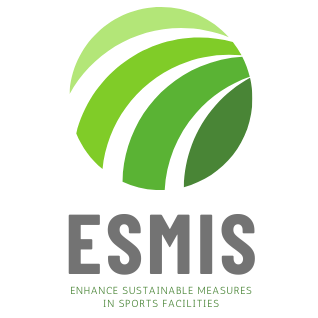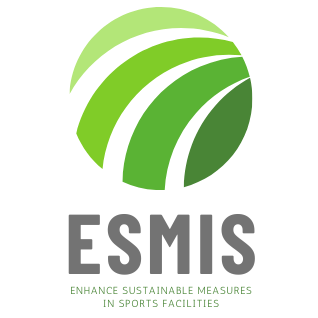

No
The Hamburger Polo Club installed the Poligras Paris GT zero turf. This initiative aligns with the clubs commitment to environmental sustainability and provides players with a high-quality playing surface. It is the worlds first CO2-neutral artificial turf, Poligras Paris GT zero, used for field hockey. The use of sustainable materials in turf production ensures environmental benefits without compromising the quality of the sports surface.
In 2023, the hockey pitch was resurfaced with Poligras Paris GT zero, the worlds first carbon-neutral synthetic turf for field hockey. It is developed specially for the 2024 Summer Olympics in Paris. Poligras Paris GT zero is up to 100 climate-neutral, without compromising on playing characteristics. More information here httpswww.polytan.comreferenceshamburger-polo-club-e-v-hamburg
The used artificial turf is with zero carbon impact due to the following factors including a new manufacturing process and the use of sustainably farmed, biobased synthetic materials. For example, the turf fibres are manufactured using Im GreenTM polyethylene, a biobased plastic that is made from the otherwise unusable byproducts of processed sugar cane. This saves around 73 tons of CO2, compared to a conventional synthetic turf.
A major component in maximising the sustainability of Poligras Paris GT zero is the permanently improved product design, which consumes less water than before. For example, the synthetic turf used at the Olympic Games in Tokyo consumed 39 less water than the turf used in Rio only four years earlier. Polytan Paris GT zero takes this development even further with the introduction of Turf Glide, a new protected technology. It reduces surface friction, so that even less water is needed to reduce the friction resistance and minimise the risk of injury. Poligras Paris GT zero is currently the only turf that is approved for the category of water-based hockey turf and the FIH innovation category Non-Irrigated.
With Poligras Paris GT zero, the Hamburger Polo Club e.V. has consciously opted for the sustainable future of hockey. The main pitch can be divided into two smaller youth pitches and will be used both by the professional Bundesliga players and by youth teams.
The innovation is also being used in sport facilities by HC Eindhoven (Netherlands)
Technical innovation
1) The turf is made from 80 bio-based polyethylene derived from sugarcane, making it carbon-neutral. Each installation saves approximately 73 tons of CO2 emissions compared to conventional synthetic turf.
2) The turf features Turf Glide technology, reducing surface friction and cutting down water usage for field maintenance.
3) Despite its eco-friendly materials, the turf meets the performance requirements for professional and international hockey events.
1) Cost Implications Sustainable innovations, such as the Poligras Paris GT zero turf, often come with increased upfront costs due to the use of renewable raw materials and advanced manufacturing processes.
2) Durability Assessment As a relatively new innovation, long-term data on the turfs performance and durability is limited. Ongoing monitoring and feedback are essential to fully understand its lifespan and maintenance needs.
| Indicator | Value |
|---|---|
| Visits per year | 0 |
| Water Consumption (liters/use) | |
| Primary energy Usage per year (kWh/use) | |
| Estimation of Water Saving (%) | Medium (between 30 and 70%) |
| Estimation of Energy Saving (%) | |
| Estimation Waste and Resource Savings (%) |

Last update: 9 de diciembre de 2025 a las 17:47